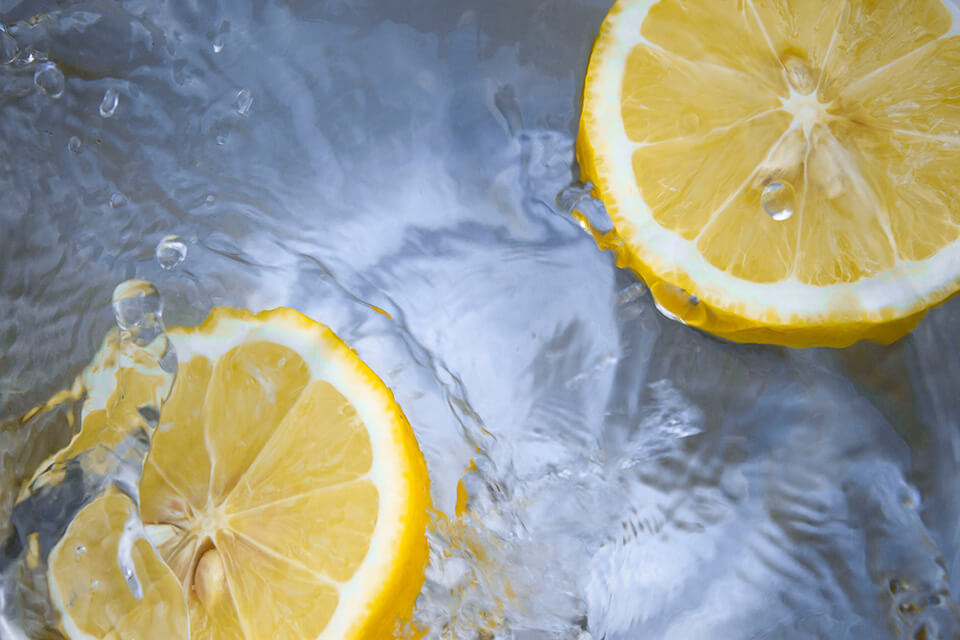OUR FUTURE
A WORD FROM OUR FOUNDER
I recently read an article about the effect on increasing 1 degree and then gradually more degrees. It scared me and its effect has become a little cerebral filter that makes me pass all ideas before making my decisions. It makes me check myself and often causes me to choose a poorer choice, but often I make a better one. It all adds up at the end!
I would like to suggest small, simple changes in our life that are not too difficult to follow and still have a significant impact. Take promises that go beyond trade to claim a better quality of life that also benefits the planet.
CONSUME LESS MEAT
According to the Food and Agriculture Organization of the United Nations (FAO), animal agriculture is responsible for 13-18% of human-caused greenhouse gas emissions worldwide, slightly less in developed countries (eg 3% in the United States). For example, ruminants like cattle produce methane, which is a greenhouse gas about 20 times more potent than carbon dioxide. The livestock sector is responsible for about 37% of methane emissions from human activities and about 65% of nitrous oxide emissions from human activities. A reduction in meat consumption is essential to halt complete climate degradation.
BUY WHAT YOU NEED
One of Nimboo's founding philosophies is to control our internal desires and buy what we really need. This does not mean giving up the good life, but reducing our personal "created desires". This requires a change in personal attitude and an insistence on the ecological and climatic catastrophe that awaits us.
REDUCE PLASTIC AND PACKAGING
According to the UN-Environment (UNEP), today we produce 300 million tons of plastic in the world, equivalent to the weight of the human population. Global and local governments are gradually limiting the consumption and production of plastic around the world, but not enough. Nimboo not only believes in reducing plastic from its supply chain, but also in a practice of no longer using single-use plastic in everyday life.
RESPONSIBLE ENERGY CONSUMPTION
Wash cold as often as possible, when the linen is not particularly stained. Air dry rather than tumble dry. Donate old clothes in good condition to charitable organizations, and reuse those that are no longer good to make rags and mops.

